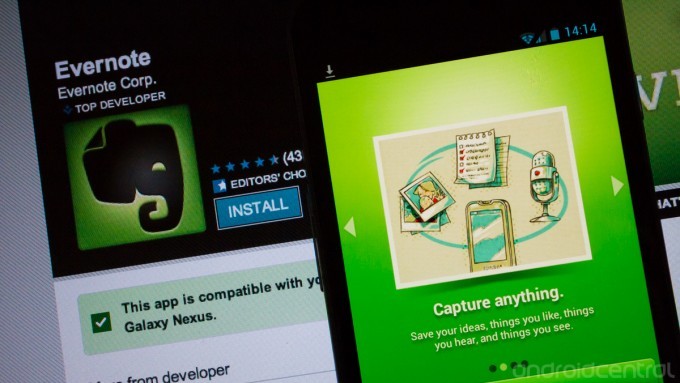 Think your online accounts are safe? Google doesn't reckon so. In fact, it's come up with a whole new way to stop anyone hacking your profile: USB jewellery.
Think your online accounts are safe? Google doesn't reckon so. In fact, it's come up with a whole new way to stop anyone hacking your profile: USB jewellery.
I'm not kidding. CNET reports Google is mulling over a finger ring that you plug into your PC to authenticate your identity, eliminating the need for a password. Intrigued? Read on.
Google reckons passwords are no longer safe, what with all the hacking going on nowadays. "We contend that security and usability problems are intractable," Google's Eric Grosse and Mayank Upadhyay write in an article due to be published later this month. "It's time to give up on elaborate password rules and look for something better."
And this'll most likely be hardware. Google already uses two-step verification -- whereby you're sent a unique code to enter along with your password -- but "not nearly enough" people use it, according to the two Googlers.
A ring, or some other piece of wearable tech, would plug into your PC, communicate its identity via a website, and let you access your accounts, with no entering passwords required. Which would be a blessing, considering how many passwords we're required to remember nowadays. And how tricky they're supposed to be, to ward off hackers.
So why a ring? Well the authors reckon it should be something that's always with you, so you can't forget it. "Some more appealing form factors might involve integration with smart phones or jewellery that users are more likely to carry anyway," they write. "We'd like your smart phone or smartcard-embedded finger ring to authorise a new computer via a tap on the computer, even in situations in which your phone might be without cellular connectivity."
So there you go. A password ring could be a new way to give hackers the finger.
[Source: CNET]



